Indigenous Governance Database
informed decision-making
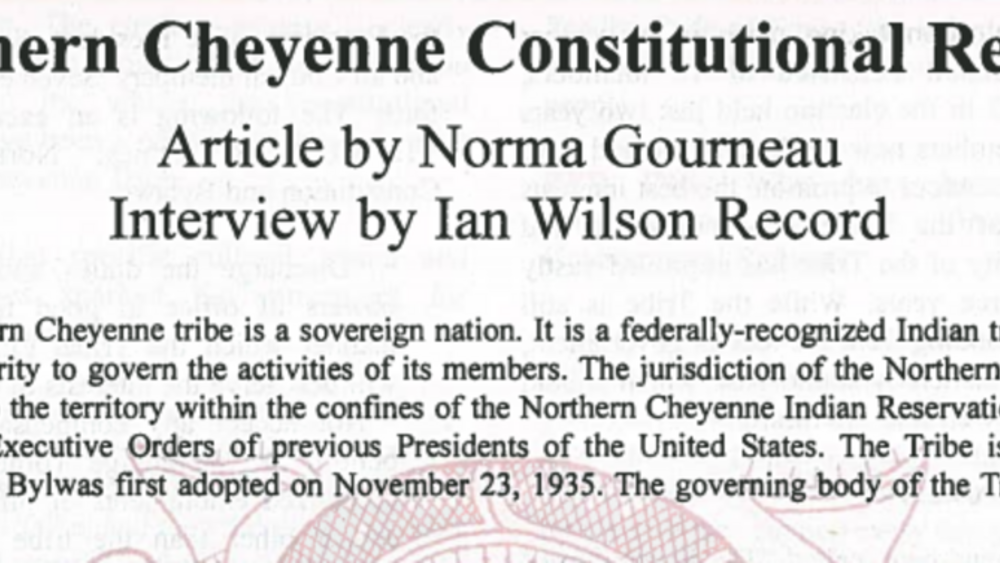
Northern Cheyenne Constitutional Reform
The Northern Cheyenne Tribe is a sovereign nation. It is a federally-recognized Indian tribe with powers and authority to govern the activities of its members. The Tribe is governed by a Constitution and Bylaws first adopted on November 23, 1935. In the early 1990s, in order to meet the…
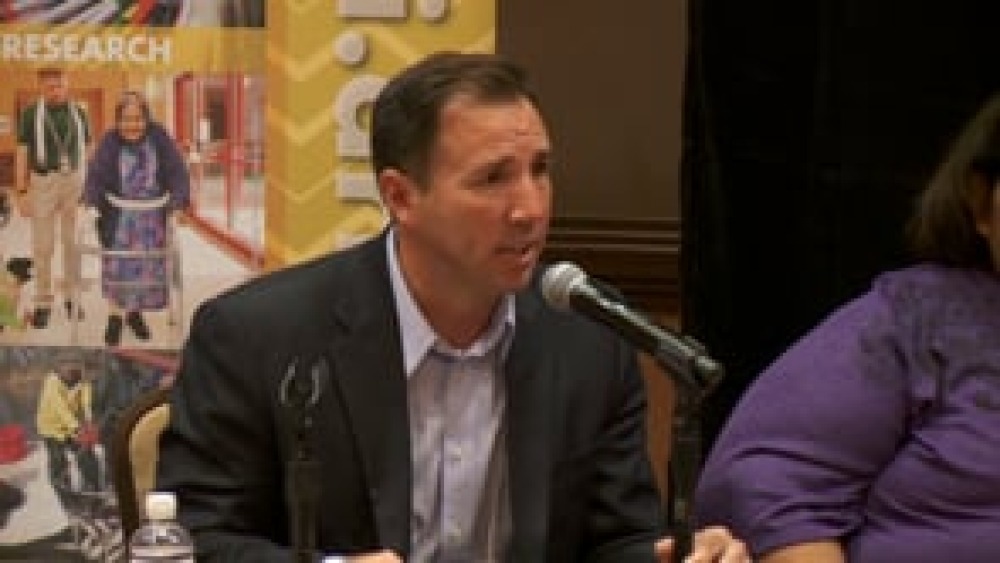
Catalina Alvarez and Robert McGhee: What I Wish I Knew Before I Took Office (Q&A)
Tribal leaders Catalina Alvarez (Pascua Yaqui Tribe) and Robert McGhee (Poarch Band of Creek Indians) field questions from seminar participants on an array of topics ranging from codes of ethics to creating mechanisms for transparent governance.
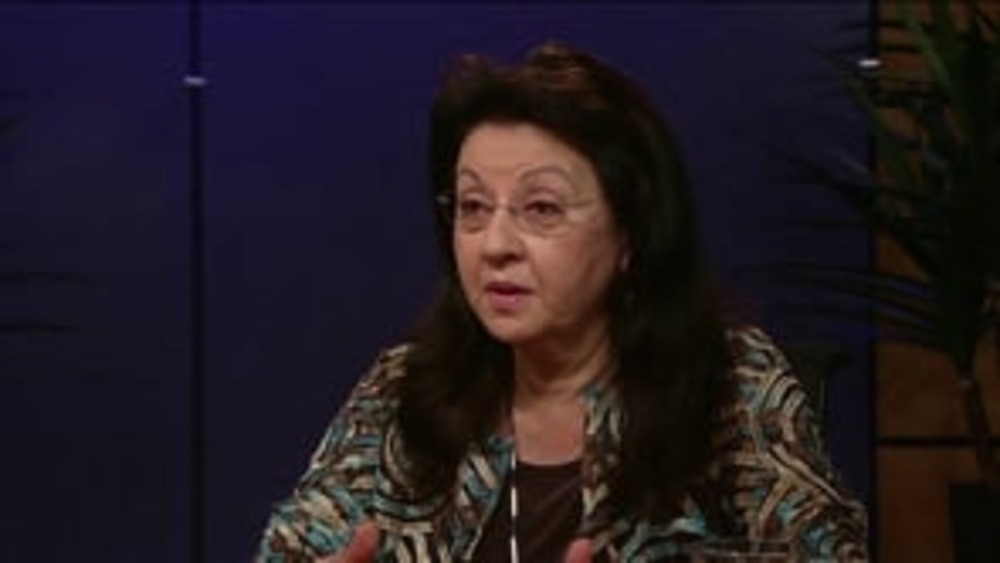
Eva Petoskey: Empowering Good Leadership Through Capable Governance: What My Leadership Experience Taught Me
Eva Petoskey, citizen and former council member of the Grand Traverse Band of Ottawa and Chippewa Indians (GTB), discusses her experiences as an elected leader during a pivotal time in GTB's history. She also stress the importance of Native nations developing capable institutions of self-governance…
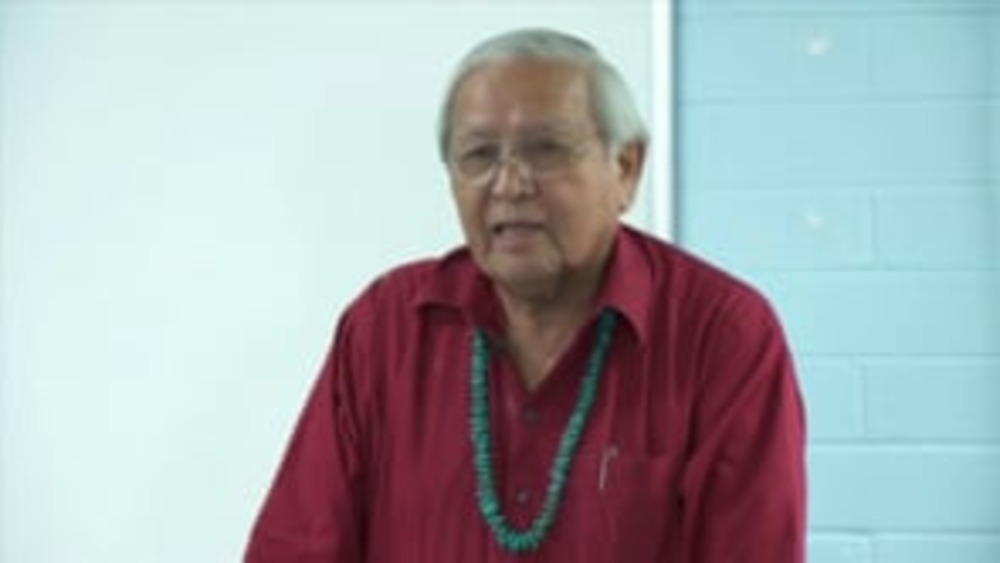
Peterson Zah: Native Nation Building: The Place of Education
Dr. Peterson Zah, former Chairman and President of the Navajo Nation, discusses the importance of higher education in empowering Native nations' efforts to achieve their nation-building goals. He also discusses the Navajo Nation Permanent Trust Fund as an example of the strategic orientation that…
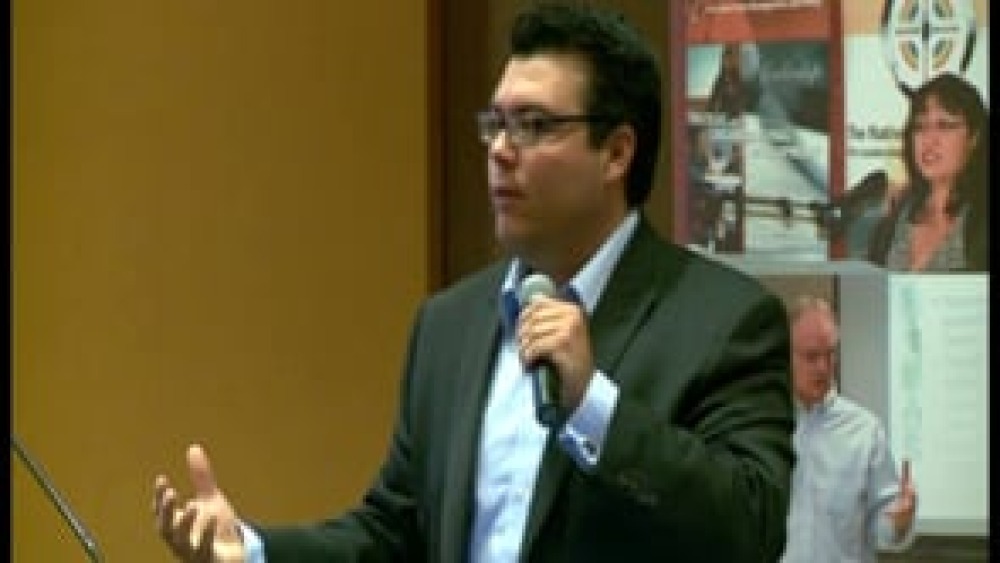
Adam Geisler: What I Wish I Knew Before I Took Office
Adam Geisler, Secretary of the La Jolla Band of Luiseño Indians, discusses the diverse set of challenges he faces as an elected leader of his nation and discusses some of the innovative ways that he, his leadership colleagues, and his nation have worked to overcome those challenges. He…
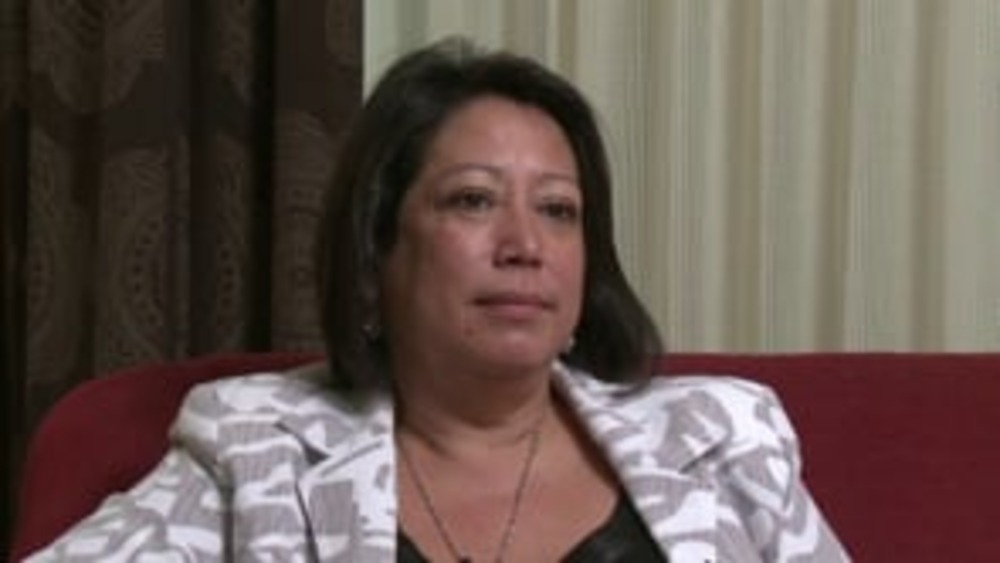
Angela Wesley: Huu-ay-aht First Nations' Forging of a New Governance System
Angela Wesley, Chair of Huu-ay-aht Constitution Committee, discusses the painstaking effort the Huu-ay-aht First Nations undertook to develop a new constitution and system of governance, and how they continue to work to turn the promise of self-governance embodied in their new constitution into…
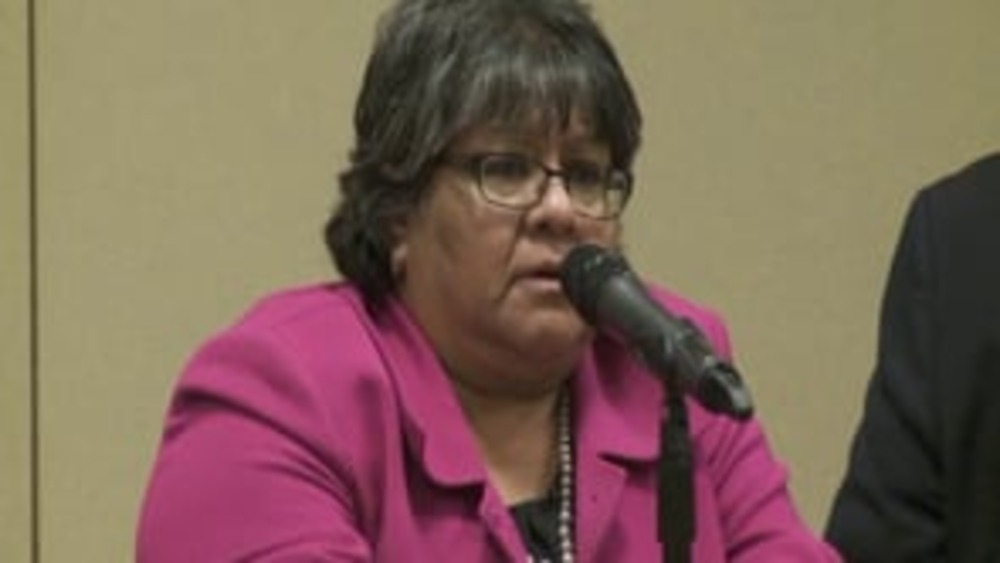
Luann Leonard, Stephen Roe Lewis and Walter Phelps: Bridging the Gap: How Native Culture Forges Native Leaders
Luann Leonard (Hopi), Stephen Roe Lewis (Gila River Indian Community), and Walter Phelps (Navajo) discuss how their personal approaches to leadership have been and continue to be informed by their Native nations' distinct cultures and core values and those keepers of the culture in their…
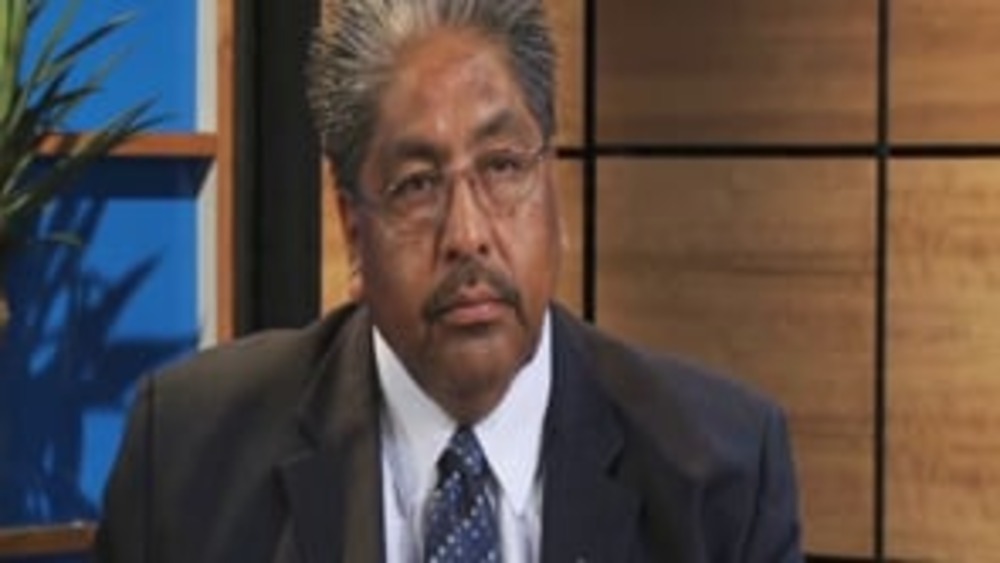
Ned Norris, Jr.: Strengthening Governance at Tohono O'odham
Tohono O'odham Nation Chairman Ned Norris, Jr. discusses how his nation has systematically worked to strengthen its system of governance, from creating an independent, effective judiciary to developing an innovative, culturally appropriate approach to caring for the nation's elders.
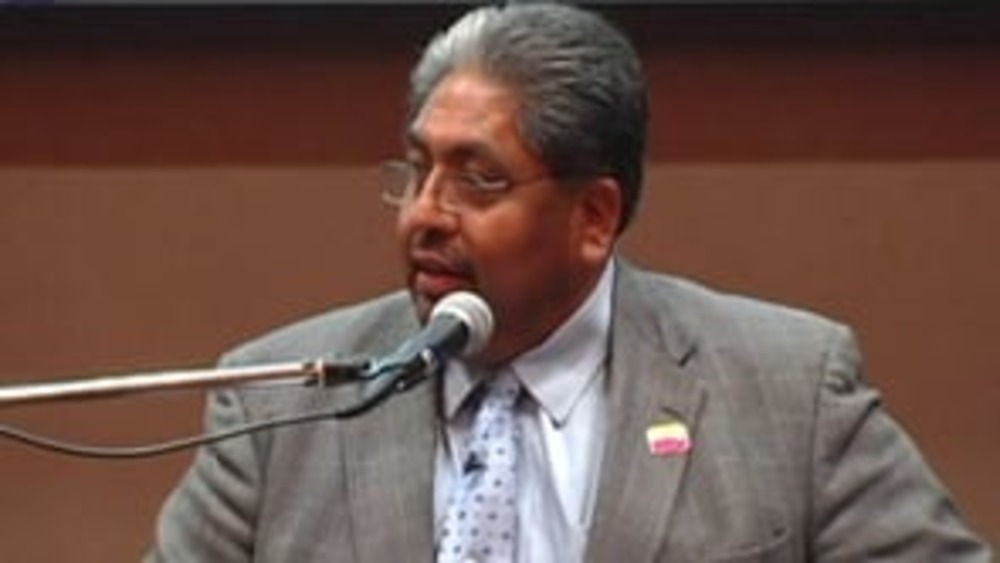
From the Rebuilding Native Nations Course Series: "The Challenges of Leadership"
Native leaders and scholars discuss some of the many formidable challenges facing leaders of Native nations, from the incredible demands on their time to the vast array of things they need to know and learn.
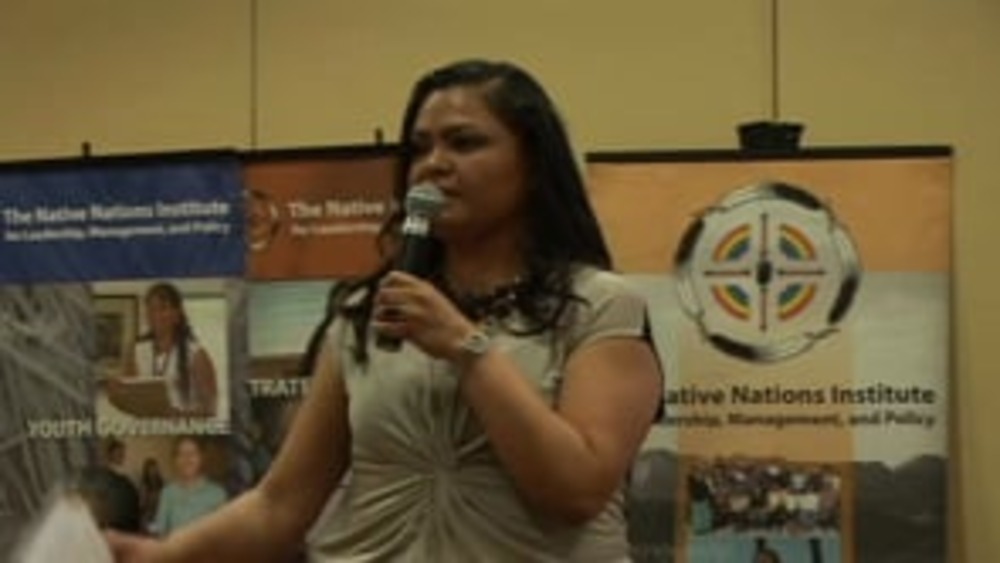
Rebecca Miles: What I Wish I Knew Before I Took Office
Nez Perce Tribe Executive Director Rebecca Miles discusses the challenges she faced as the first-ever chairwoman of the Nez Perce Tribal Executive Committee, and the strategies she used in order to govern effectively and make informed decisions.

Good Data Leads to Good Sovereignty
The lack of good data about U.S. American Indian and Alaska Native populations hinders tribes’ development activities, but it also highlights a space for sovereign action. In coming years, tribes will no doubt continue to advocate for better national data and at the same time increasingly implement…

Wisdom From Mel: It's Okay to Not Know Everything
Mel Tonasket was not formally educated but he had lobbied and negotiated with Congressman and Senators. When Mel was in Washington D.C. he heard the fancy words from the Solicitors office. He was determined to fight for tribes and not let the “Suyapees” (Anglos) get the best of us — so when he…
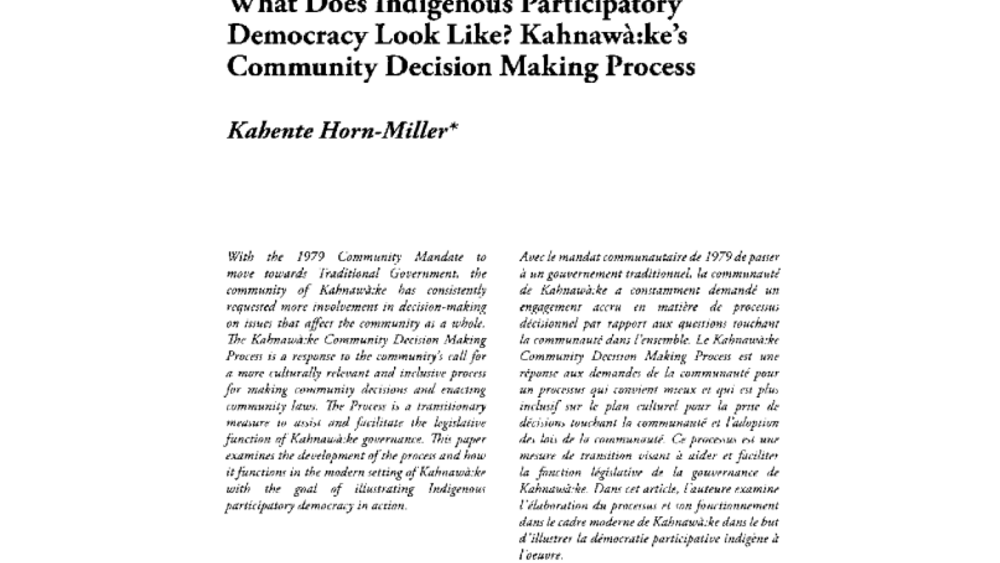
What Does Indigenous Participatory Democracy Look Like? Kahnawà:Ke's Community Decision Making Process
With the 1979 Community Mandate to move towards Traditional Government, the community of Kahnawà:ke has consistently requested more involvement in decision-making on issues that affect the community as a whole. The Kahnawà:ke Community Decision Making Process is a response to the community's call…
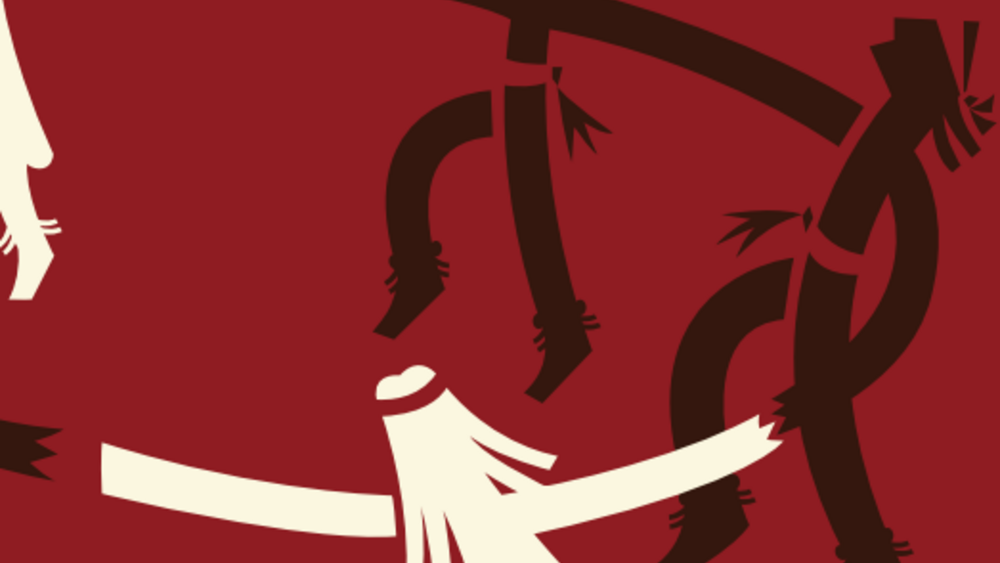
Redefining Tigua Citizenship
The materials in this informational guide are designed to provide you with important background information ”such as Tigua history, tribal population profiles, and fiscal impacts” related to upcoming membership criteria changes. Project Tiwahu is an Ysleta del Sur Pueblo-wide initiative to reclaim…

On Improving Tribal-Corporate Relations In The Mining Sector: A White Paper on Strategies for Both Sides of the Table
Mining everywhere is inherently controversial. By its very nature, it poses hard economic, environmental, and social tradeoffs. Depending on the nature of the resource and its location, to greater or lesser degrees, the mining process necessarily disturbs environments, alters landscapes, and…
